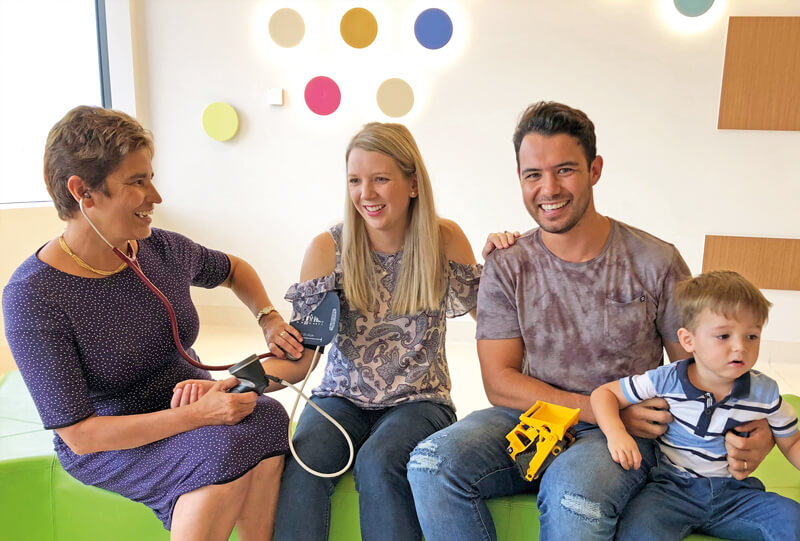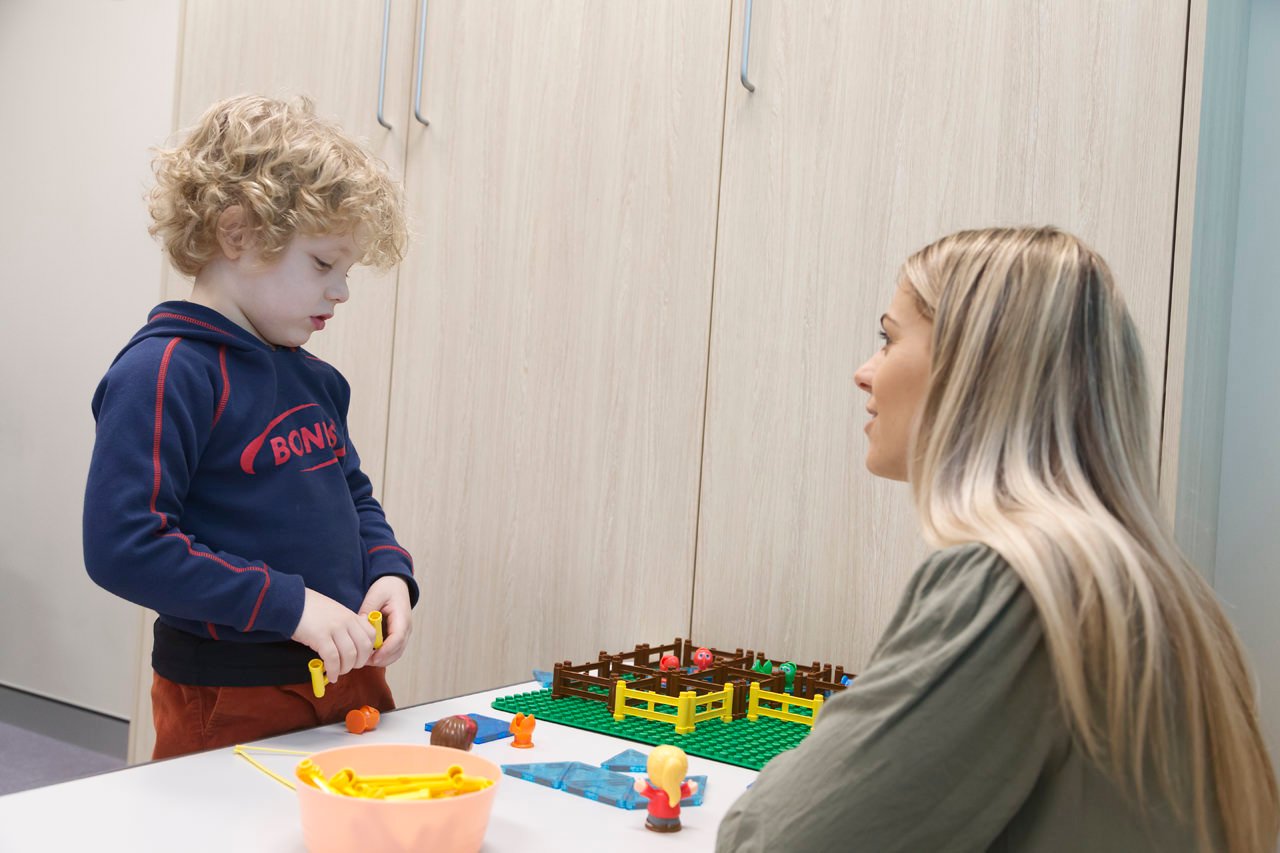Search
Showing results for "autism"

News & Events
ORIGINS family finds comfort and communityA Quinns Rocks family who became the 1000th family to sign up for the ORIGINS Project is excited to be contributing to such ground-breaking research.
Research
Psychosocial wellbeing, parental concerns, and familial impact of children with developmental coordination disorderDevelopmental Coordination Disorder (DCD) is a neurodevelopmental condition impacting motor skill acquisition and competence. While previous studies have identified adverse psychosocial outcomes in DCD, they are limited by small or population-screened, community-based samples.
Research
Powered standing wheelchairs promote independence, health and community involvement in adolescents with Duchenne muscular dystrophyThis study used qualitative methods to explore how adolescents with Duchenne muscular dystrophy used a powered wheelchair standing device in their daily lives

News & Events
What is SCERTS?In this blog, Senior Speech Pathologist Sally Grauaug and Speech Pathology Clinical Lead Aria May discuss the model SCERTS and how it can support your child's communication level.

Find out more about Paediatric Autism Communication Therapy training for allied health and autism professionals at CliniKids.
Research
Psychometric Properties of the EQ-5D-Y-5L for Children With Intellectual DisabilityThe EQ-5D-Y-5L is a generic preference-based measure of health-related quality of life for children. This study aimed to describe the distributional properties, test-retest reliability, and convergent validity of the EQ-5D-Y-5L in children with intellectual disability (ID).
Research
Characterising moment-to-moment fluctuation in stress, anxiety and blood glucose levels in adolescents with type 1 diabetesKeely Tim Liz Bebbington Jones Davis MClinPsych/PhD MBBS DCH FRACP MD MBBS FRACP PhD McCusker Postdoctoral Research Fellow in Type 1 Diabetes Co-head
Research
SMS4DadsSMS4RRdads is a digital prevention and early intervention service that will engage, screen and support expectant and new fathers experiencing or at risk of perinatal mental illness.
Research
Psychometric validation of the quality of life Inventory − Disability (QI-Disability) among patients with Lennox-Gastaut syndrome and Dravet syndromeTo evaluate the psychometric properties of the Quality of Life Inventory -Disability (QI-Disability) for individuals with Dravet syndrome (DS) or Lennox-Gastaut syndrome (LGS), two rare developmental and epileptic encephalopathy conditions.

News & Events
Directing immune development to curb sky-rocketing diseaseOnce upon a time it was infectious diseases like polio, measles or tuberculosis that most worried parents. With these threats now largely under control, parents face a new challenge – sky-rocketing rates of non-infectious diseases such as asthma, allergies and autism.
